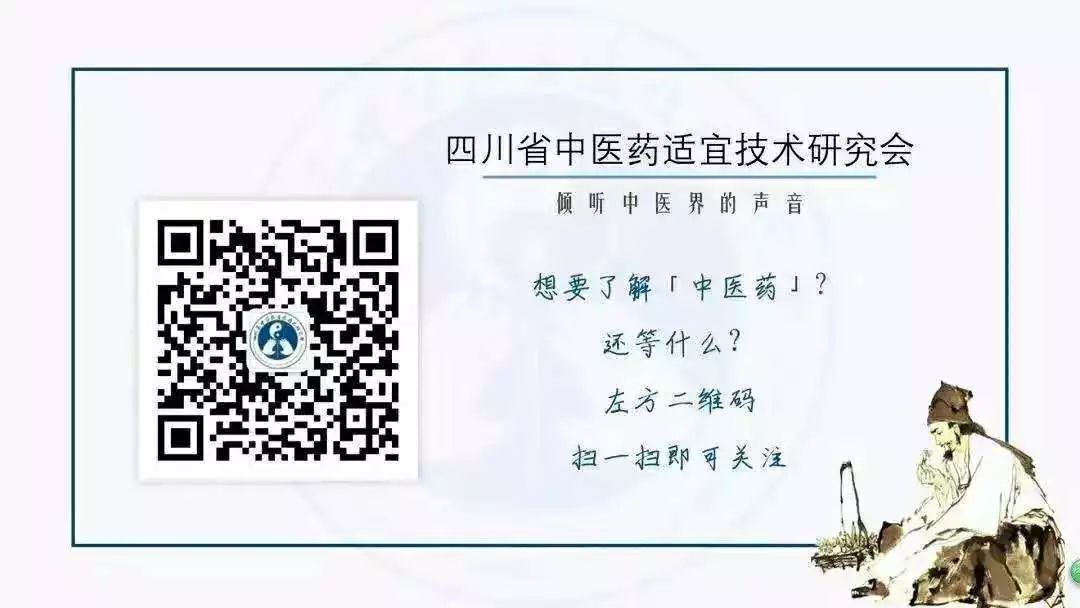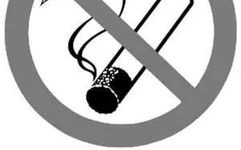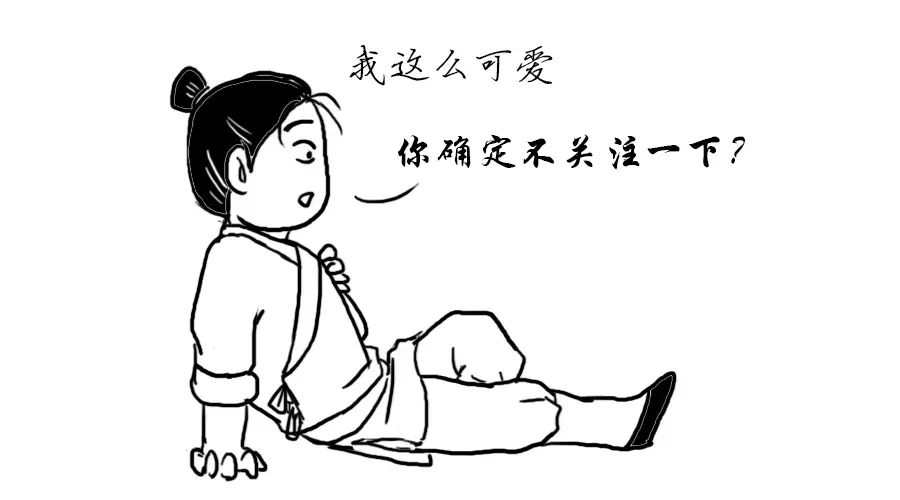
Spleen Yang Deficiency Syndrome
Definition of the Condition
This syndrome refers to the deficiency of Spleen Yang, leading to a failure in warming and transporting, characterized by abdominal distension, reduced appetite, abdominal pain that prefers warmth and pressure, aversion to cold with cold limbs, loose stools, possible lower limb edema, or excessive vaginal discharge in women. The tongue is pale with a white, moist coating, and the pulse is deep, slow, and weak. It is commonly seen in conditions such as diarrhea, dysentery, abdominal pain, phlegm-dampness, and edema. In Western medicine, this syndrome can be observed in gastric and duodenal ulcers, acute and chronic gastroenteritis, gastroptosis, chronic dysentery, and chronic nephritis.
Chinese Name
Spleen Yang Deficiency Syndrome
Other Names
Spleen Deficiency Cold Syndrome, Spleen Yang Deficiency Syndrome, Spleen Yang Weakness Syndrome
Etiology
This syndrome often arises from the further development of Spleen Qi deficiency; or due to excessive consumption of cold foods, external cold invading, or overuse of bitter and cold substances, which damage Spleen Yang; or insufficient Kidney Yang, with a decline in Mingmen fire, leading to a failure in generating Earth, resulting in Spleen Yang deficiency, impaired warming and transporting, internal cold generation, and failure to transform water and food.
Clinical Manifestations
Reduced appetite, abdominal distension, dull abdominal pain that prefers warmth and pressure, aversion to cold, cold limbs, pale complexion with little luster or a floating pulse, no thirst with a bland mouth, loose stools, even undigested food, possible edema in limbs, reduced urination, or excessive clear and thin vaginal discharge. The tongue is pale and swollen or has tooth marks, with a white, slippery coating, and the pulse is deep, slow, and weak.
Symptom Analysis
With Spleen Yang deficiency, the transport function is impaired, leading to reduced appetite and abdominal distension, loose stools, and even undigested food; Yang deficiency leads to internal cold generation, causing cold pain in the abdomen that prefers warmth and pressure; Spleen Yang deficiency results in failure to transform water and dampness, leading to limb edema and reduced urination; dampness descending damages the Dai Mai (Belt Vessel), resulting in excessive clear and thin vaginal discharge; Spleen Yang deficiency leads to impaired warming, causing aversion to cold and cold limbs; Yang deficiency fails to nourish Qi and Blood, leading to a pale and lifeless complexion, a pale and swollen tongue with tooth marks, a white, slippery coating, and a deep, slow, weak pulse, all resulting from Yang deficiency and impaired transport.
Commonly Used Chinese Herbs
Ren Shen (Ginseng), Gan Cao (Licorice), Gui Xin (Cinnamon), Fu Ling (Poria), Dang Gui (Angelica), Huang Qi (Astragalus), Long Gu (Dragon Bone), Mai Men Dong (Ophiopogon), Da Zao (Jujube), Shao Yao (Peony), Fu Zi (Aconite), Sheng Di Huang (Rehmannia), Sheng Jiang (Ginger), Hou Po (Magnolia Bark), Yi Tang (Maltose).
Acupuncture Therapy
1. Acupuncture: Use tonifying techniques or balanced tonification and reduction methods, once daily or every other day, at points such as Pi Shu (Spleen Shu), Wei Shu (Stomach Shu), Nei Guan (Inner Pass), Zhong Wan (Middle Cavity), and Zu San Li (Leg Three Miles). For chronic cases with deficiency, add Guan Yuan (Gate of Origin).
2. Moxibustion: Apply moxibustion at Zhong Wan, Zu San Li, Wei Shu, and Pi Shu, using moxa sticks or ginger, once daily.
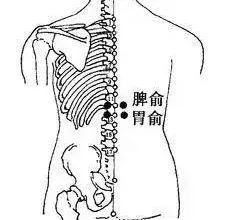
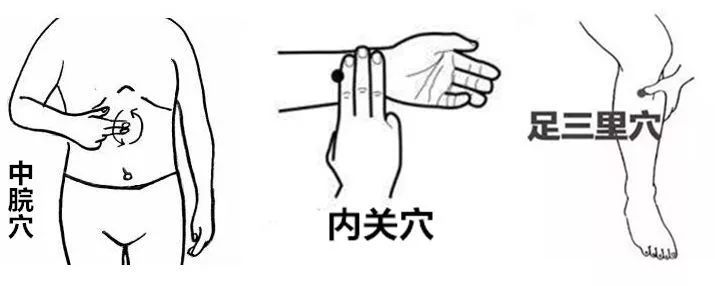
Common Diseases
1. Diarrhea
Diarrhea may occur due to sudden onset of watery stools, leading to severe Spleen Yang deficiency; more commonly seen in chronic diarrhea, with a prolonged course, undigested food, intermittent symptoms, and abdominal pain that is relieved by warmth. This is often due to a pre-existing weakness of the Spleen and Stomach, with internal cold generation. Treatment should focus on regulating the original Qi, warming the middle, and strengthening the Spleen. Formulas such as Yang Wei Decoction and Wen Wei Drink (from the Complete Book of Jing Yue) can be modified. If due to excessive consumption of cold foods, with internal cold accumulation, leading to a failure of Spleen Yang, resulting in clear and watery diarrhea, abdominal fullness and pain, with a deep and tight pulse, or accompanied by persistent vomiting. Treatment should warm the middle, dispel cold, and strengthen the Spleen. The formula used can be Li Zhong Decoction (from Treatise on Febrile Diseases) with modifications.
2. Dysentery
Chronic dysentery that does not heal, due to cold accumulation stagnating in the intestines, causing cold abdominal pain, with thin and sticky stools that worsen with cold. Treatment should warm the middle, disperse cold, and eliminate stagnation. Start with Wen Spleen Decoction, followed by strengthening the Spleen pills.
3. Abdominal Pain
Due to weak middle Yang and excessive internal cold, causing sudden and severe abdominal pain that is relieved by warmth and worsens with cold, possibly accompanied by vomiting and inability to eat. Treatment should warm the middle and disperse cold. The formula used can be Fu Zi and Rice Decoction, or in severe cases, Da Jian Zhong Decoction (from the Essential Prescriptions of the Golden Cabinet).
4. Phlegm-Dampness
Due to insufficient Spleen Yang, with impaired Qi transformation, leading to water retention, causing a sound of water in the stomach, abdominal discomfort that prefers warmth and pressure, fullness in the chest and flanks, coldness in the back, and palpitations with shortness of breath. Treatment should warm the Spleen and transform phlegm, using Ling Gui Zhu Gan Decoction.
5. Edema
Edema is more pronounced below the waist, with pitting edema and difficulty urinating, due to insufficient Spleen Yang, failing to transform water, leading to excessive water accumulation in the lower jiao. Treatment should warm and transport Spleen Yang to facilitate water and dampness, using Shi Pi Decoction (from the Jisheng Formula).
6. Abdominal Distension
Symptoms include abdominal distension, visible veins, difficulty urinating, or lower limb edema. The Spleen and Stomach are the foundation of postnatal life and the pivot of ascending and descending. With Spleen Yang deficiency, the Spleen’s transport function is impaired, leading to failure in ascending clear Qi and descending turbid Qi, resulting in distension. Treatment should warm and tonify Spleen Yang, transform Qi and facilitate water, using Tiao Zhong Jian Pi Pills (from the Book of Shen’s Respect for Life).
Prevention and Care
1. Avoid smoking, alcohol, strong tea, coffee, and other substances that irritate the gastric mucosa.
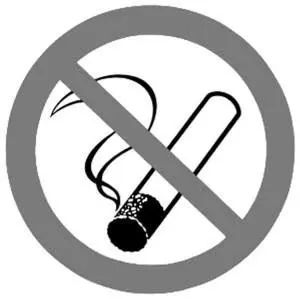
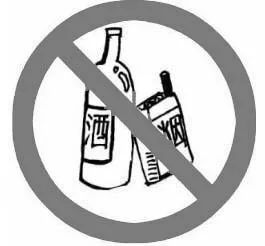

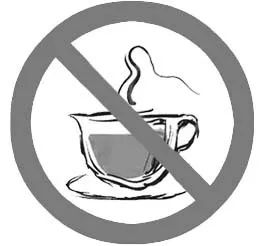
2. Provide easily digestible meals, chew slowly, eat small meals frequently, and avoid spicy, overly fragrant, excessively hot, or cold foods.
3. Avoid overusing bitter and cold medicines; when Spleen Qi is deficient, timely regulation and treatment should be conducted to prevent progression to Spleen Yang deficiency syndrome.
Prognosis
The pathological evolution of Spleen Yang deficiency syndrome has several trends: first, if Spleen Yang is weak and does not improve over time, it can lead to Spleen and Kidney Yang deficiency syndrome; second, Spleen Yang deficiency fails to generate Qi and Blood, leading to both Qi and Blood deficiency syndrome; third, Spleen Yang weakness leads to internal cold generation, causing Yang deficiency to fail in transporting water and dampness, resulting in cold dampness stagnation, further worsening Yang deficiency, ultimately leading to Spleen Qi collapse, which can be life-threatening.
Disclaimer
Content sourced from the Chinese Medicine Information Query Platform; images sourced from the internet.
Editor: Dai Zhaoshi
Reviewer: Chong Ge
Follow the “public account” below to learn more about famous doctors!
